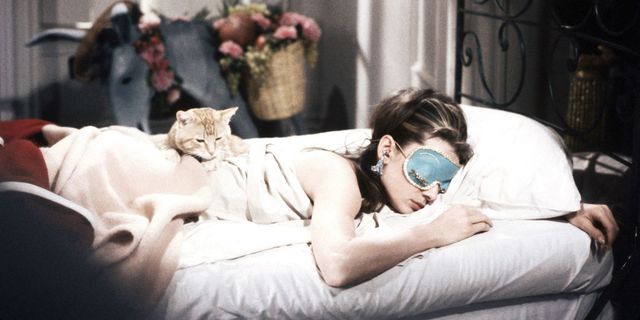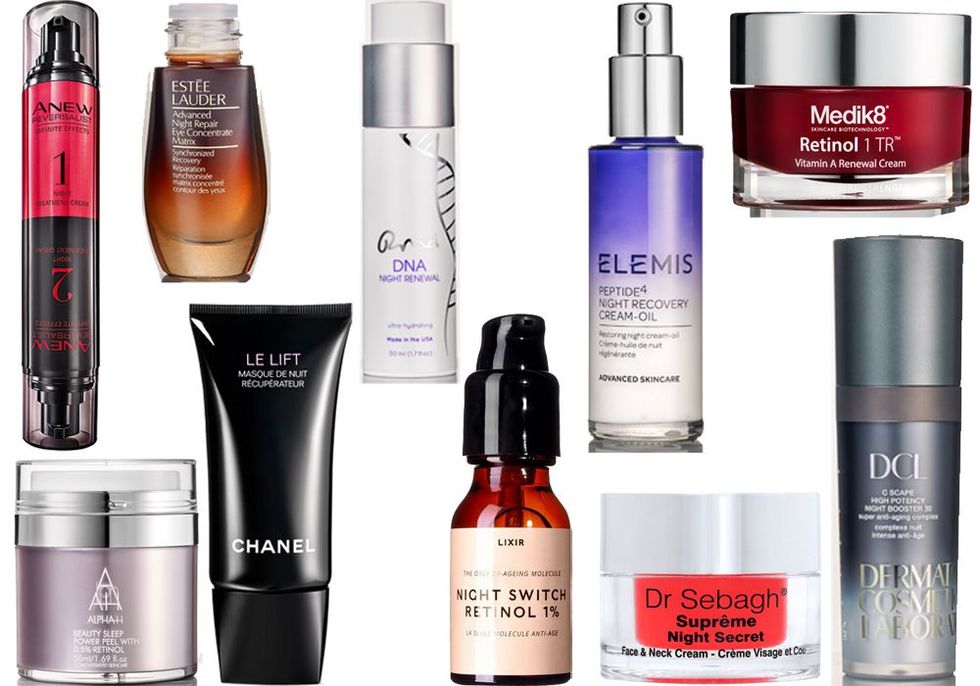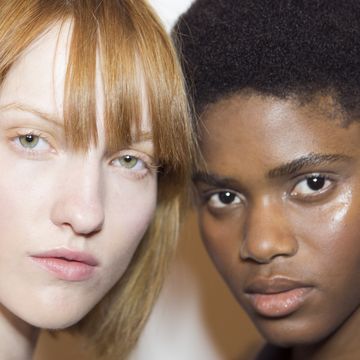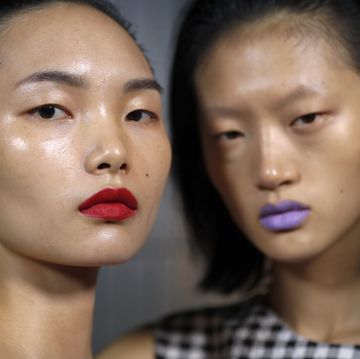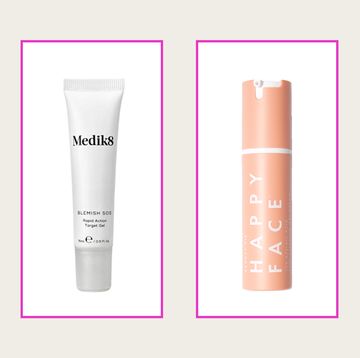If you toss and turn in bed, wake up at the slightest sound, or struggle to drop off at all; if you have tried – and failed – with everything from warm baths and lavender sprays to special pillows and soothing soundtracks, it may be some small consolation to know that you are not alone. On average, British adults sleep for 6.8 hours a night – nearly an hour short of the 7.7 hours we tend to feel we need, according to a recent survey by the Royal Society for Public Health. This epidemic has far-reaching effects. A 2016 study suggested that tired workers are costing the UK economy £40 billion a year.
'When you're sleep-deprived, you're working with the equivalent of an IQ loss of between five and eight points,' explains the neuroscientist Dr Tara Swart. 'The brain's cleansing process takes between seven and eight hours, and you ideally need to be in bed for nine. This system cleans out the toxins built up during the day and also gradually throughout your life.' But it is not only the brain that is affected by a lack of rest.
'The harder your brain has to work due to lack of sleep, the fewer resources your body has to help other organs like the skin,' says Swart. It's little wonder, then, that a restless night is often visible on the face: the term 'beauty sleep' is founded in scientific fact.
'Changes brought about by sleep deprivation are similar to those observed during ageing,' says the dermatologist Dr Stefanie Williams. 'Sufficient sleep is important for the nightly peak of the anti-ageing growth hormone. The effects of a suboptimal GH level are similar to chronic stress, with an increase of microinflammation in the body and skin, which can contribute to collagen degradation.'
According to Williams, no cream can replace sleep – but select ingredients will certainly help. 'I recommend using vitamin A derivatives (retinoids), peptides and growth factors at night,' she says.
'Retinoids are among the best-investigated skincare ingredients and, ideally, everyone over 30 should be using one to support collagen production and a healthy dermal matrix.'
Meanwhile, there could be good news for insomniacs. As more research into sleeping patterns is carried out – last October, three American scientists won a Nobel Prize for their work on circadian rhythms – we can expect smarter night-time skincare.
'Research has shown that animals without normal circadian rhythms in skin stem cells age prematurely, which suggests that human skin stem cells have cyclical patterns in order to protect against cellular damage,' says the dermatologist Dr Ronald Moy. 'The recent Nobel Prize win is especially relevant as we dig deeper into our understanding of DNA repair and damage.' While such new skincare may not be able to bestow a refreshing nine-hour slumber, it should certainly offset the visible damage of a disturbed night; which means we can all rest easier.
1) Anew Reversalist Infinite Effects Night Treatment Cream, £28, Avon. 2) Advanced Night Repair Eye Concentrate Matrix, £49, Estée Lauder. 3) DNA Night Renewal, £82, DNA Renewal. 4) Peptide4 Night Recovery Cream-Oil, £49, Elemis.5) Retinol 1 TR Vitamin A Renewal Cream, £29, Medik8. 6) Beauty Sleep Power Peel, £54, Alpha-H. 7) Le Lift Anti-Wrinkle Skin Recovery Sleep Mask, £80, Chanel.8) Night Switch Retinol 1%, £28, Lixir. 9) Supreme Night Secret Face & Neck Cream, £195, Dr Sebagh. 10) C Scape High Potency Night Booster 30, £108, DCL.
Dr. Tara Swart's sleep tips
Switch off… 'Phones and tablets emit blue light on the same wavelength as daylight. The brain's pineal gland won't secrete sleep-aiding melatonin unless it thinks it's night-time.'
Eat early… 'Eating late means the blood will go to your gut to aid digestion, rather than the brain to aid sleep.'
Sleep on your side… 'The cleansing process works best in this position as it aids blood flow in the brain.'
